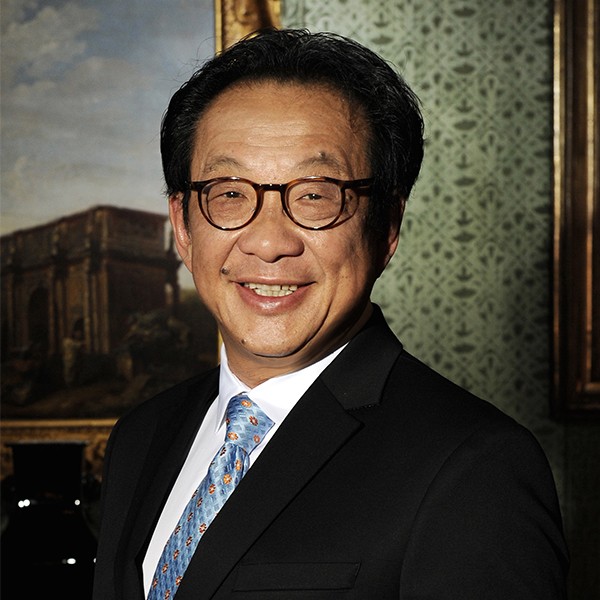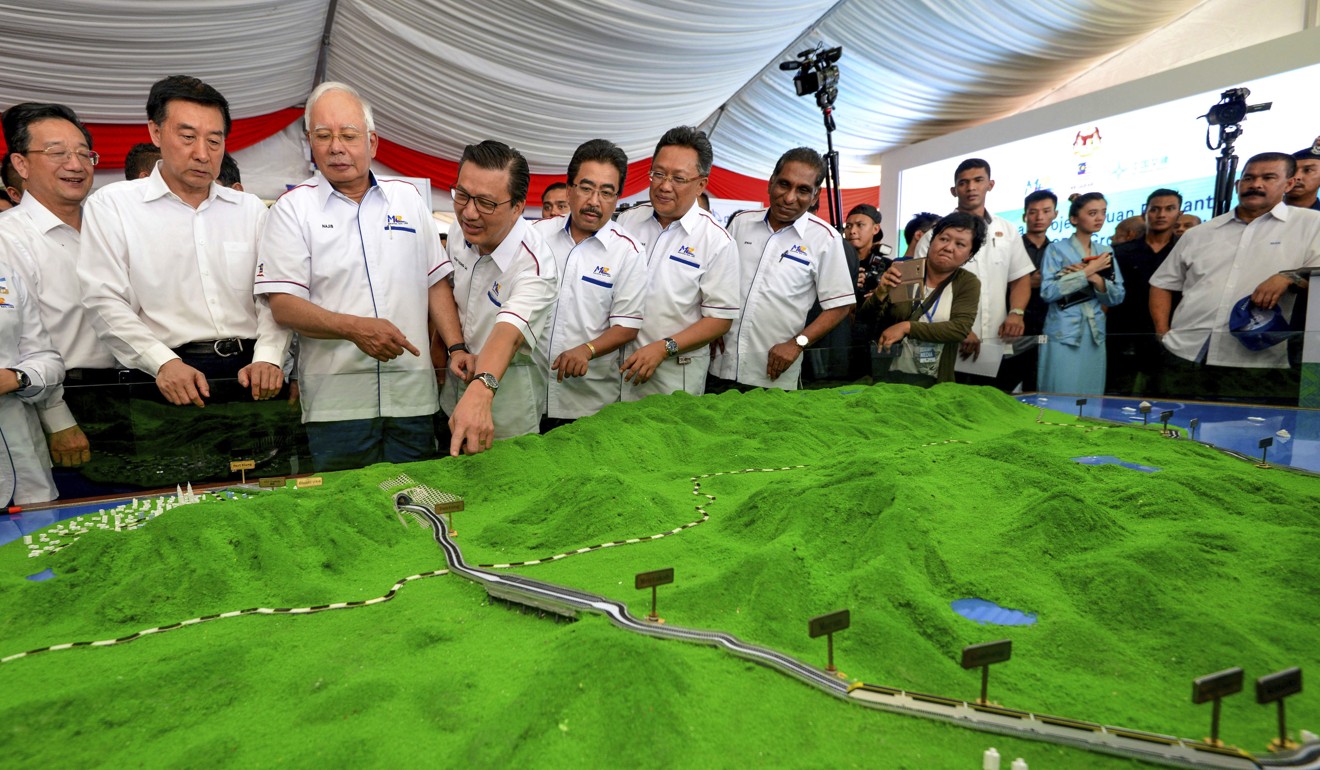
Forget the US$23 billion question. China-Malaysia ties are strong
Malaysian businessmen say the shelving of joint projects by the administration of Mahathir Mohamad should be welcomed as the move could provide more transparency – and ultimately, more support for Belt and Road projects
Francis Yeoh, the executive chairman of the YTL Group, used the example of the East Coast Rail Link, a US$13 billion railway project which had been put on ice by Malaysia’s new Pakatan Harapan-led government pending a feasibility study. The administration cited concerns over its cost and what it fears will be low demand for the service.
Chinese investment in Malaysia: don’t judge it by controversies
Yeoh said such scrutiny was to be welcomed, as transparency would boost public support.

Infrastructure projects created jobs, he said, but transparent and coherent frameworks were still needed as “billions and trillions” of dollars went into such projects.
Yeoh suggested that infrastructure projects should be undertaken through domestic financing and using the nation’s currency, to avoid volatility. He suggested bonds of up to 50 years for infrastructure projects to raise capital locally.
His fellow panellist Tan See Leng, the chief executive of IHH Healthcare, agreed transparency was to be welcomed, adding that health care projects in belt and road nations could also play a role in winning public support.
Highlights from the China Conference:
The Pakatan Harapan coalition, led by Mahathir, is re-examining various deals entered into by the former prime minister Najib Razak and his Barisan Nasional coalition amid claims the agreements were lopsided in China’s favour. The government says it will either cancel the deals, or amend them, to save money.
However, Malaysia has maintained that ties with China are of paramount importance, and Mahathir has asked Beijing to be sympathetic towards Malaysia’s internal fiscal problems, stressing that there is no animosity intended in re-examining the deals.

Earlier in the conference, state sovereign wealth fund Khazanah’s managing director Shahril Ridza Ridzuan said investment and business ties between Malaysia and China were “critical and important” to economic progress.
He said Khazanah had a long history of investing in China, in traditional areas such as water and human economy as well as in new ventures such as shopping, e-commerce, and data integration.
US will ‘suffer more’ in trade war with China: Jack Ma
“Khazanah’s relationship with Alibaba turned into a long-term strategic partnership, which saw us investing in China and working with them here in Malaysia,” he said, adding that Alibaba viewed Malaysia as a hub, referencing deals such as the e-wallet service which resulted from a tie-up between Malaysian travel smart card Touch’n’Go and Alibaba’s Ant Financial Services.
“The goal going forward is long-term bonds and partnerships with like-minded Chinese investors. Malaysia always welcomes foreign direct investment into Malaysia. But I think the focus is on making sure these investments create the right economic activity in Malaysia, such as job and expansion opportunities.”
Shahril encouraged Malaysian businessmen to seek out partnerships and businesses to invest in China, saying the “right investments” could always be found there.
“Find the right partners, find the right technologies,” he said.

